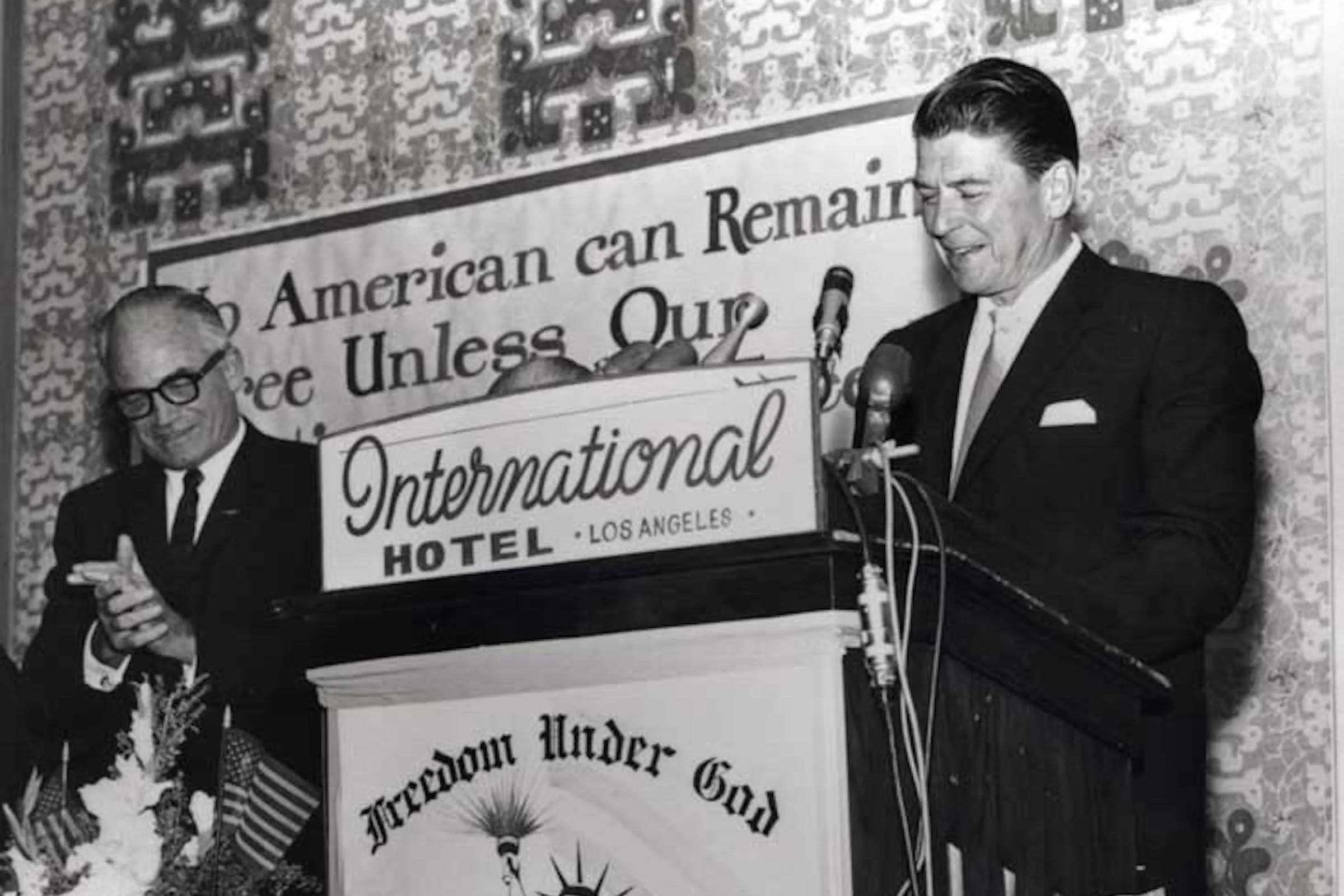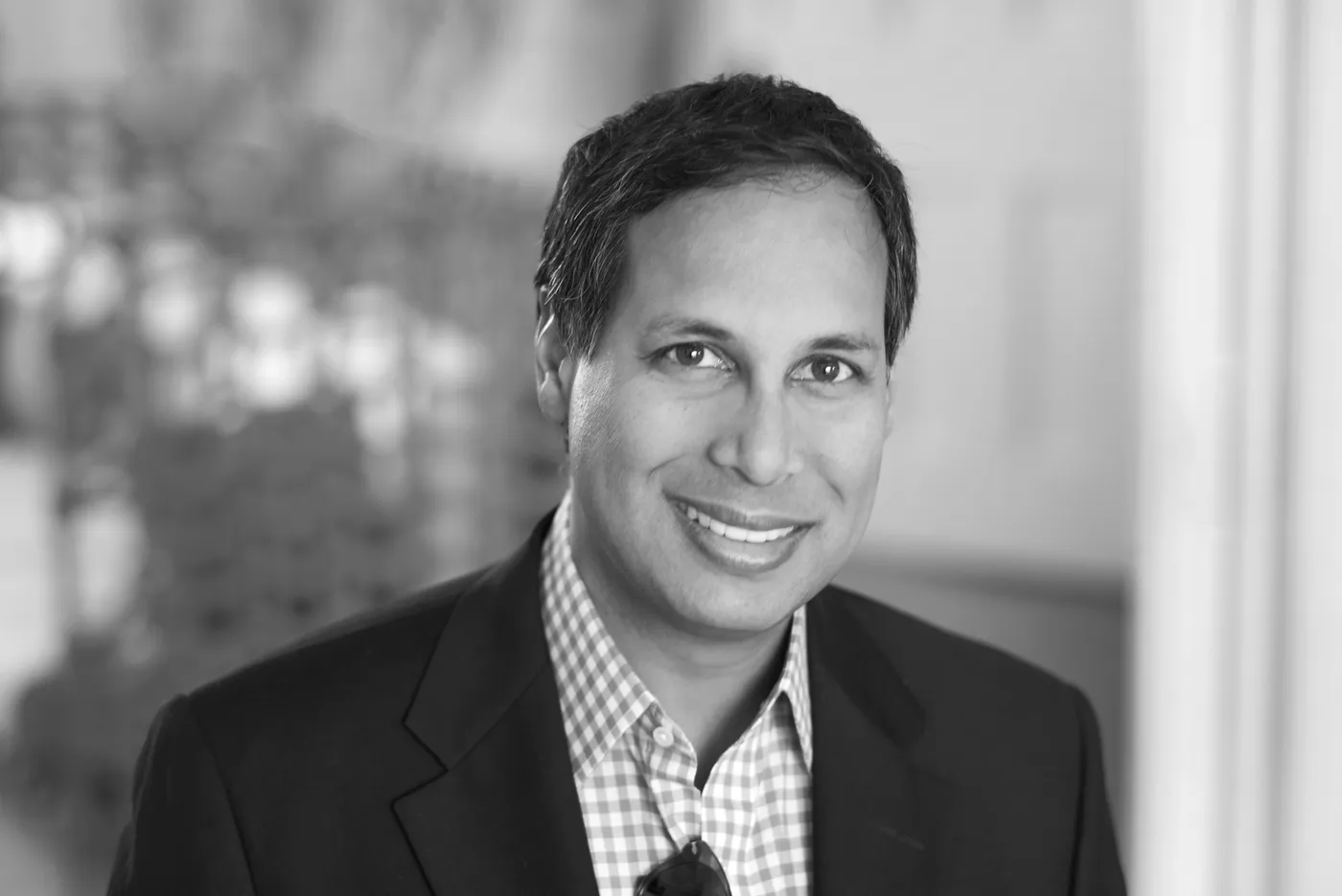Why Ronald Reagan Embraced Universal Coverage

At the end of the day, the reason why Republicans are struggling to replace Obamacare is because there are deep divisions about what conservatives’ goals should be on health care.
The events of the past month are a good occasion to reflect on what those goals should be. One source to consider might be Ronald Reagan.
As I note in a review for The Washington Post of Henry Olsen’s new Reagan biography, The Working Class Republican: Ronald Reagan and the Return of Blue Collar Conservatism, Reagan’s views on health-care reform might surprise those who think of him as a libertarian absolutist:
Most readers of Olsen’s book will be surprised to learn that Reagan embraced universal coverage. In “A Time for Choosing” — Reagan’s celebrated conservative manifesto delivered at Goldwater’s 1964 Republican National Convention — Reagan declared, “No one in this country should be denied medical care for lack of funds.” In a speech to the Phoenix Chamber of Commerce — in Goldwater’s backyard — Reagan said, “Any person in the United States who requires medical attention and cannot provide for himself should have it provided for him.”
While Reagan opposed “compulsory health insurance through a government bureau for people who don’t need it or who have . . . even a few million dollars tucked away,” he championed the Kerr-Mills Act of 1960, a law introduced by two Democrats that gave federal money to states with which to provide medical care for the elderly in need. Reagan said that he was “in favor of this bill — and if the money isn’t enough, I think we should put up more.”
In the 1960s, Reagan opposed Medicare for two principal reasons: participation was mandatory, and because Medicare spent scarce taxpayer funds to subsidize coverage for wealthy people — even millionaires — who didn’t need the help. But Reagan explicitly supported the role of government in subsidizing care for every American who could not otherwise afford it.
The Reagan approach to health-care reform is worth revisiting. It could involve repealing Obamacare’s individual mandate, and repealing a similar mandate that forces people to participate in Medicare. It could involve a robust system of tax credits and health savings accounts to help the poor afford the coverage and care that they need, instead of forcing them to depend on single-payer programs like Medicaid. And it could roll back federal subsidies — whether through Medicare or the tax code — for those who don’t need them.
A coherent Reagan-style reform could dramatically reduce federal spending and taxes, especially over the long term, by focusing our expenditures on those who are truly in need. It might require an expansion of conservatives’ health reform ambitions, from solely focusing on Obamacare to addressing the larger set of ways in which the federal government has distorted health care, of which Obamacare is merely the most recent part.
Most importantly, reform would require a Reaganesque commitment to the principle that helping the needy afford health care is a legitimate and desirable policy goal. It’s a goal that most Americans share, and one that is entirely compatible with conservatives’ allegiance to limited government and free markets.
Indeed, the only way conservatives will ever be successful at gaining public support for market-oriented health reform is by deploying it to improve coverage and care for the poor and the vulnerable. Either we believe free enterprise can achieve that outcome, or we’re not true believers in free enterprise. It’s time to choose.
(Adapted from an article that originally appeared in National Review Online.)



 ">
">